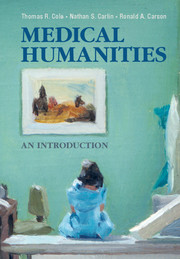Book contents
20 - Religion and Health
from Part IV - Religion and Medicine
Summary
Our spiritual judgment . . . must be decided on empirical grounds exclusively. If the fruits of life of the state of conversion are good, we ought to idealize and venerate it, even though it be a piece of natural psychology; if not, we ought to make short work with it, no matter what supernatural being may have infused it.
– William JamesAbstract
This chapter explores the field of religion and health. Beginning with a discussion of the historical roots of the field, it examines the contributions of key authors Jeffrey Levin and Harold Koenig; the major approaches and instruments that have been used to study the relationship between religion and health; and the critics of these studies. Then, with a focus on clinical practice, it suggests that paying attention to the way that religion functions in patients’ lives can help us to better care for patients.
INTRODUCTION
A woman traveled into town one morning to go shopping and began to feel ill. She felt pain in her bones, felt nauseated, and had a headache. She also felt as though she were going to faint. It occurred to her that these were symptoms of the flu. The woman then thought about the mind-cure techniques she had been learning, and decided to try them. After she returned home, she asked her husband to call a doctor to come the next morning, as she wanted to continue trying her mind-cure techniques during the night.
- Type
- Chapter
- Information
- Medical Humanities , pp. 314 - 326Publisher: Cambridge University PressPrint publication year: 2014



